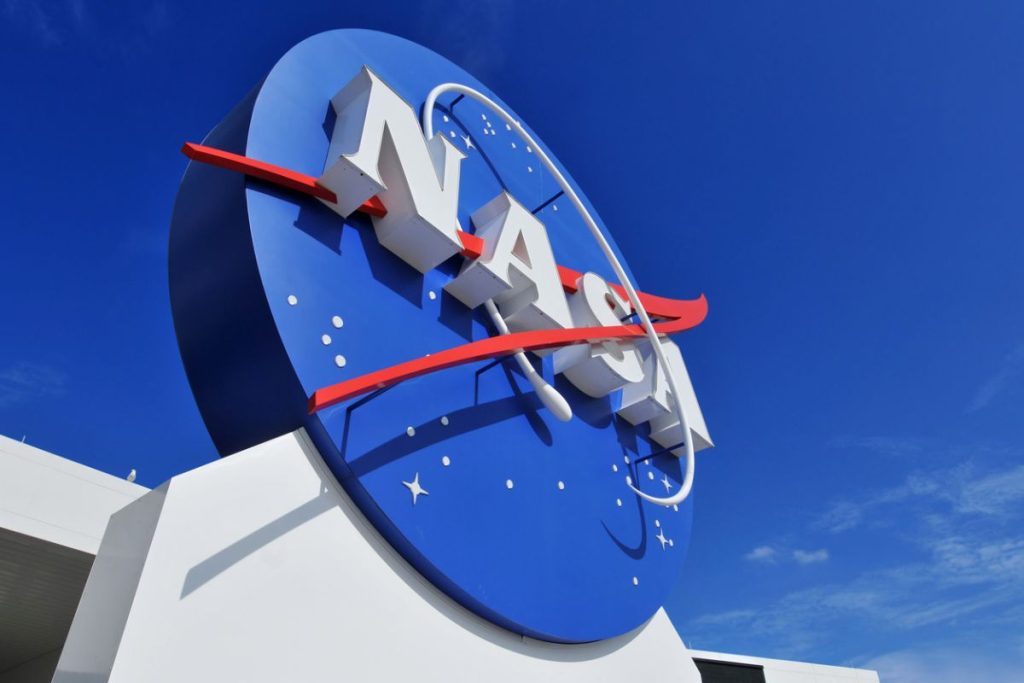Science fiction often invites us to dream big, bending reality into imaginative shapes. But every so often, a film comes along that feels less like fantasy and more like a chilling preview of what could actually happen. In 2011, NASA took the unusual step of ranking the most scientifically accurate sci-fi films ever made – and their top pick might surprise you.
How NASA made its list
At a meeting hosted by the Jet Propulsion Laboratory, NASA scientists discussed which sci-fi films were the most plausible and which strayed furthest from reality. On the “worst offenders” list? Armageddon (1998) in third place, The Core (2003) in second, and Roland Emmerich’s disaster epic 2012 (2009) at the very top.
The “best of the best” list, however, was a celebration of grounded, well-researched storytelling. Metropolis (1927) took third place, Contact (1997) came second, and the number one spot went to Gattaca (1997).
Why Gattaca stood out
Starring Ethan Hawke, Gattaca presents a future society where advances in genetic engineering allow parents to predetermine their child’s physical and intellectual traits before birth. In this world, your DNA dictates your social status, career opportunities, and even life expectancy.
According to NASA, the premise is “entirely possible,” given current genetic research. Medical genetics already examines family health history to identify predispositions to disease, and the French Alternative Energies and Atomic Energy Commission (CEA) notes that mapping human DNA could predict individual traits – though it raises serious ethical concerns.
Even the film’s title is a clever nod to science: “Gattaca” is composed of the initials of the four nucleotides that make up DNA – Guanine, Adenine, Thymine, and Cytosine.
A film ahead of its time
When it was released, Gattaca impressed critics with its elegant world-building, understated special effects, and eerily believable scenario. For many, it became the gold standard of dystopian storytelling – not a distant fantasy, but a warning wrapped in a love story and moral dilemma.
The sequel that never was
Fans hoping for more have been left disappointed. Although a TV adaptation titled Gattaca was once in development with original producers Glenn Gellar and Danny DeVito, alongside Howard Gordon and Alex Gansa, the project was eventually shelved before it could air.
Still, more than 25 years after its release, Gattaca remains a benchmark for scientifically plausible sci-fi. Whether NASA would still crown it champion in 2025 is up for debate – but its vision of a genetically engineered future feels, if anything, closer than ever.


